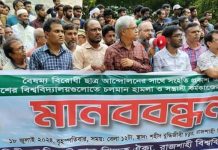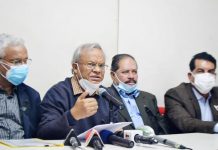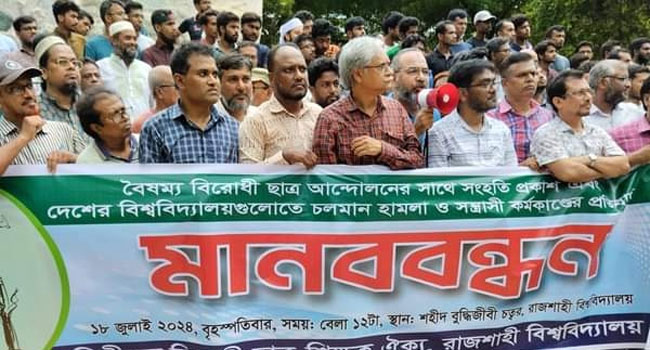Zambia is a state in the eastern part of the African continent. Its capital is Lusaka. In Zambia’s Copperbelt region, farmers are transforming a local wetland into vegetable plots for survival.
LUSAKA, June 15 (Xinhua) — For the majority of inhabitants of Chipulukusu, an informal settlement area in Ndola town of Zambia’s Copperbelt region, a nearby wetland has for many years been their source of livelihood.
With water all throughout the year, the wetland, which is located on the edge of the settlement area, makes agricultural activities very viable undertakings for the many vulnerable residents of the region.
A recent visit to this low-income community revealed that almost every household in the compound undertakes small-scale, market-oriented urban agriculture as their survival strategy.
“Vegetable farming is a way of life for people in this compound. Every family has a space for their farming activities in the nearby wetland,” said Daliso Phiri, a senior resident of Chipulukusu compound.
Phiri, 72, added that many families in Chipulukusu had no option but to venture into agriculture many years ago because of a lack of stable employment opportunities.
And 54-year-old Sara Mbolela from the same compound said the wetland remains the main source of income for many households in the region and families depend on it for both their survival and sustenance.
“If not for the dambo, many families in this compound would have challenges making ends meet. The wetland has really helped to enhance the productivity of households in Chipulukusu,” Mbolela asserted.
Many of the leafy vegetables sold in Ndola and other towns nearby are grown in the wetland, according to Mbolela.
Many young people in Chipulukusu have been encouraged to take up vegetable farming in the wetland because the region is fertile and has sufficient water for vegetables to grow well, said 21-year-old David Zulu.
David Zulu (R) and his colleague water vegetables in a wetland in Ndola town, Copperbelt Province, Zambia, on May 29, 2021. (Xinhua/Lillian Banda)
“All we have to do is dig up furrows for water to be used for watering crops. We just need to buy pesticides or fertilizer if need be. Seeds and seedlings are often inexpensive,” said Zulu, who manages his family’s farming area in the wetland, earning about 500 Zambian Kwacha (about 22 U.S. dollars) from selling vegetables per week.
Income realized from farming activities from the wetland is dependent on the type of crops as well as the sown area. The average weekly income earned by the farmers ranges from 150 Zambian Kwacha to 500 Zambian Kwacha per week.
The most profitable crop is maize, a staple food, which may fetch more money on the market during the dry season. Those that cultivate maize during the dry season earn up to 700 Zambian Kwacha per week from selling fresh cobs of maize, according to locals.



















